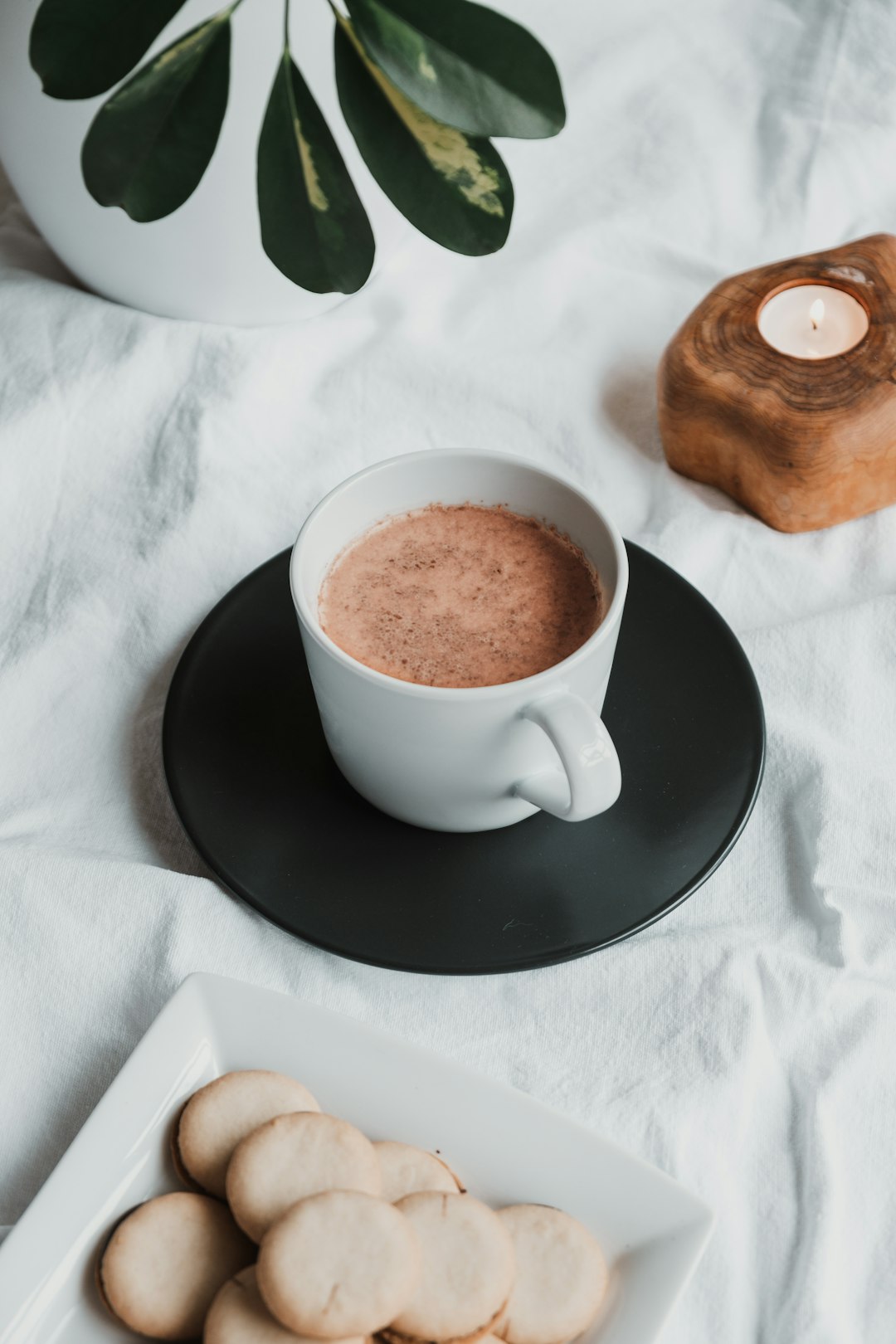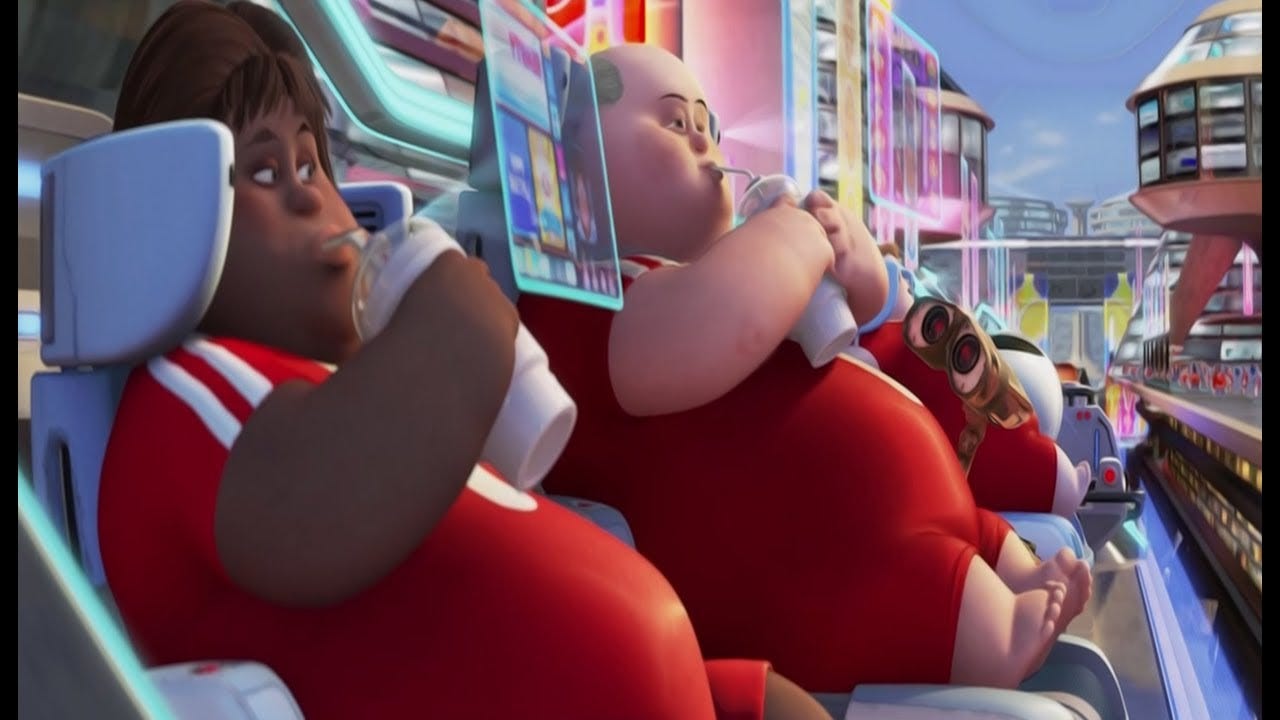Get Uncomfortable

If you are in the US or any developed nation, chances are that your life is pretty comfortable. The wind could be howling outside, and the weather might look like it is meant for the White Walkers and the army of the dead to come out. But you are sitting in a warm balmy room, with hot chocolate in one hand and a mobile in another (instead of a book). You have access to plenty of foods — thanks to miracles of agriculture, transportation, grocery stores, and Instacart — and a fridge that lowers the temperature in a heated room. You have running water, and the water is nice and warm.
In fact, we have access to tremendous amounts of energy1, and there is a surplus of everything. We methodically hunt for suffering and extinguish it. I can heat my car before I go to it. Not only is there no suffering, but pleasure is right at the fingertips. Life is more than just comfortable; it's a bit too comfortable.
When was the last time you did something uncomfortable?
Take stock
We have done this to ourselves in the name of development and progress. But that's fine. I am not here to complain about technology or progress. We need all of that stuff. But what that means is that we need to engineer discomfort into our lives, otherwise this is what we are going to become:
There is no doubt a lot of us have stress served for appetizers at work. I am not talking about that. I am talking about physical stress and doing things we are not comfortable doing.
Go through your day and ascertain the last uncomfortable thing you did. Kudos to you if you go out and run. Kudos if you long to go to the gym to experience the pain in your muscle afterward.
So why is this important?
Doing things—even small things—that make you uncomfortable will help make you strong. The more often you get uncomfortable the stronger you’ll become, and soon you’ll develop a more productive, can-do dialogue with yourself in stressful situations.
David Goggins, Can’t Hurt Me
Seek a bit of pain
A little bit of pain and discomfort will not kill you. It is, in fact, good for you. Some people call it hormesis. The idea is that tiny amounts of stressors are good for you. Some say small doses of toxins are good for you, but please don't do that.
But the idea should be obvious. No pain, no gain. You tear your muscles a tiny bit when you work out, and they grow back stronger. And if you have heard about the benefits of intermittent fasting.
I am not suggesting that you put yourselves in harm’s way. But there may be moments when you unconsciously avoid discomfort. Become cognizant of those moments and ascertain whether seeking out those discomforts will actually make your life better.
So I sought out pain, fell in love with suffering, and eventually transformed myself from the weakest piece of shit on the planet into the hardest man God ever created, or so I tell myself.
David Goggins, Can’t Hurt Me
I got motivated to write this post after I heard a colleague mention that she goes to a Korean spa that offers a cold tub. We were discussing about hormesis over lunch, and I said I have started to walk right into cold shower instead of waiting for it to get hot. And then she mentioned she periodically goes to a Korean spa where there is a bathtub full of ICE COLD water, and she can sit inside it for a full minute (started from 3 seconds a year back).
Here I was, feeling smug about spending a few seconds in the cold shower, quickly to be sobered by my colleague who can spend a minute with equanimity in ice-cold water.
From then on, I brainwashed myself into craving discomfort. If it was raining, I would go run. Whenever it started snowing, my mind would say, Get your fucking running shoes on. Sometimes I wussed out and had to deal with it at the Accountability Mirror. But facing that mirror, facing myself, motivated me to fight through uncomfortable experiences, and, as a result, I became tougher. And being tough and resilient helped me meet my goals.
David Goggins, Can’t Hurt Me
Travesty
What will you do when an earthquake destroys your home? Or are you forced to downsize? The probabilities are small, but it does happen to people. Are you going to spend the rest of your life in agony over your loss and unable to adjust to the new reality?
I remember reading that Seneca, one of the wealthiest people of his time, would periodically live like a pauper. He knew material possessions could be there one day and gone the next, so he didn't want to endure suffering due to losing stuff. He was known to have said, "It is not the man who has too little, but the man who craves more, that is poor."
If you have made your life so comfortable that you don’t want to or you will fall sick by getting drenched in rain, for example, it sets you up for far more trouble when something goes wrong later than if you chose discomfort to keep your resilience up.
“If there is not the war,” Theodore Roosevelt mused, “you don’t get the great general; if there is not a great occasion, you don’t get the great statesman; if Lincoln had lived in times of peace, no one would have known his name now.”
I wrote this previously:
In 1914, Thomas A. Edison’s vast plant in New Jersey caught fire which burned down equipment, wiped out ten buildings, and undid a lot of progress.
According to a 1961 Reader's Digest article by Edison's son Charles, Edison calmly walked over to him as he watched the fire destroy his dad's work. In a childlike voice, Edison told his 24-year-old son, "Go get your mother and all her friends. They'll never see a fire like this again." When Charles objected, Edison said, "It's all right. We've just got rid of a lot of rubbish."
How do you develop a cheery and positive outlook on life like Thomas Edison? One key ingredient is the willingness to take bets and fail, live a life of deliberate discomfort.
I hope you enjoyed this article. I don’t mean to be prescriptive to anyone, but I consider this as a letter for myself or maybe my son when he grows up. Get uncomfortable, but be smart about it. Also, I will leave you to this tweet, given the new year is approaching.

And I apologize for the gap in my writing. I had a lot of work to do, neck-deep. Or probably I got too comfortable.
As usual, please support my work by subscribing and/or forwarding this article to others.
On average, if you are in the US, the energy you have access to is equivalent to 200 adults working for you non-stop 24 hours a day. Source: How the world really works by Vaclav Smil.



